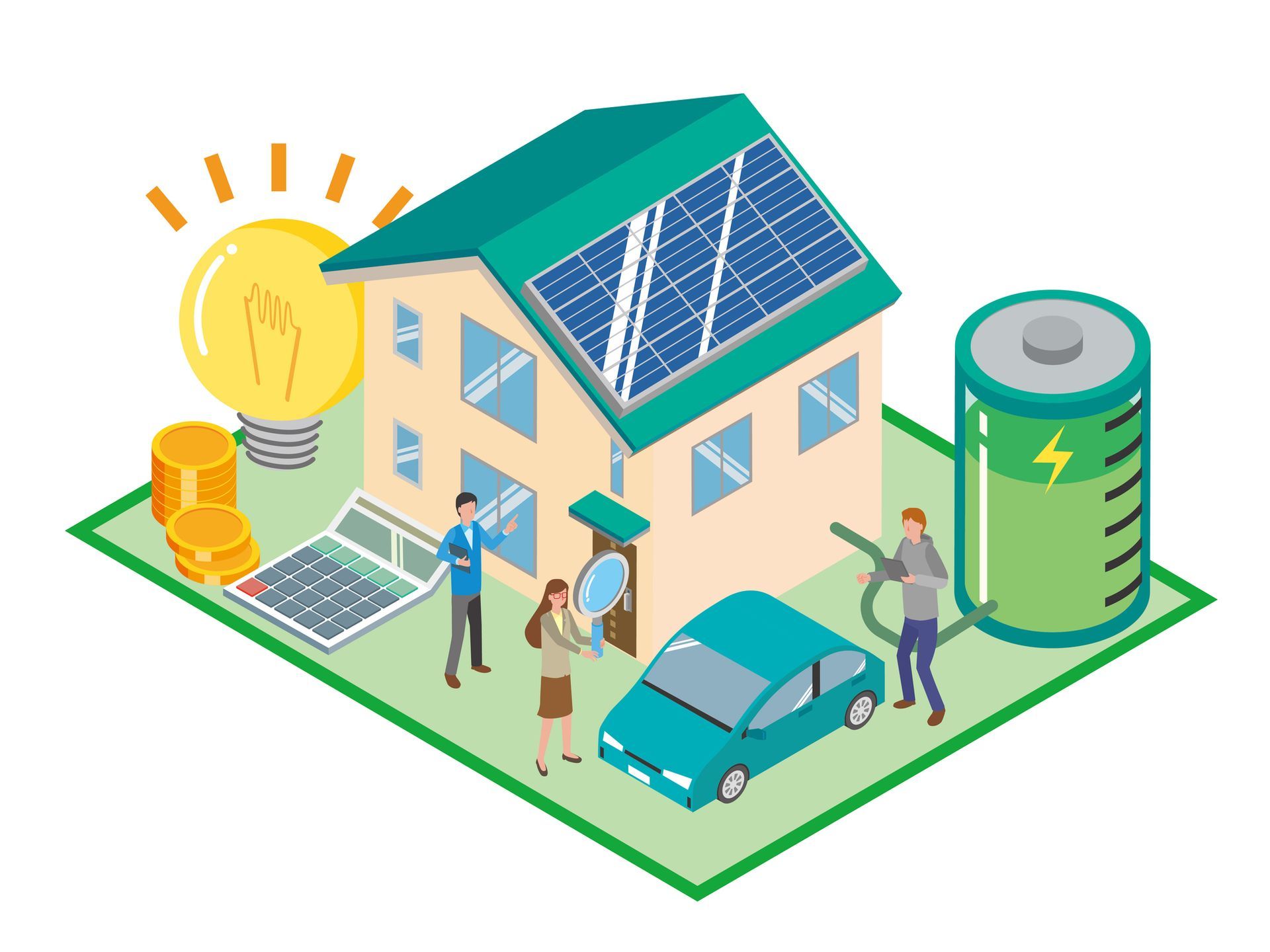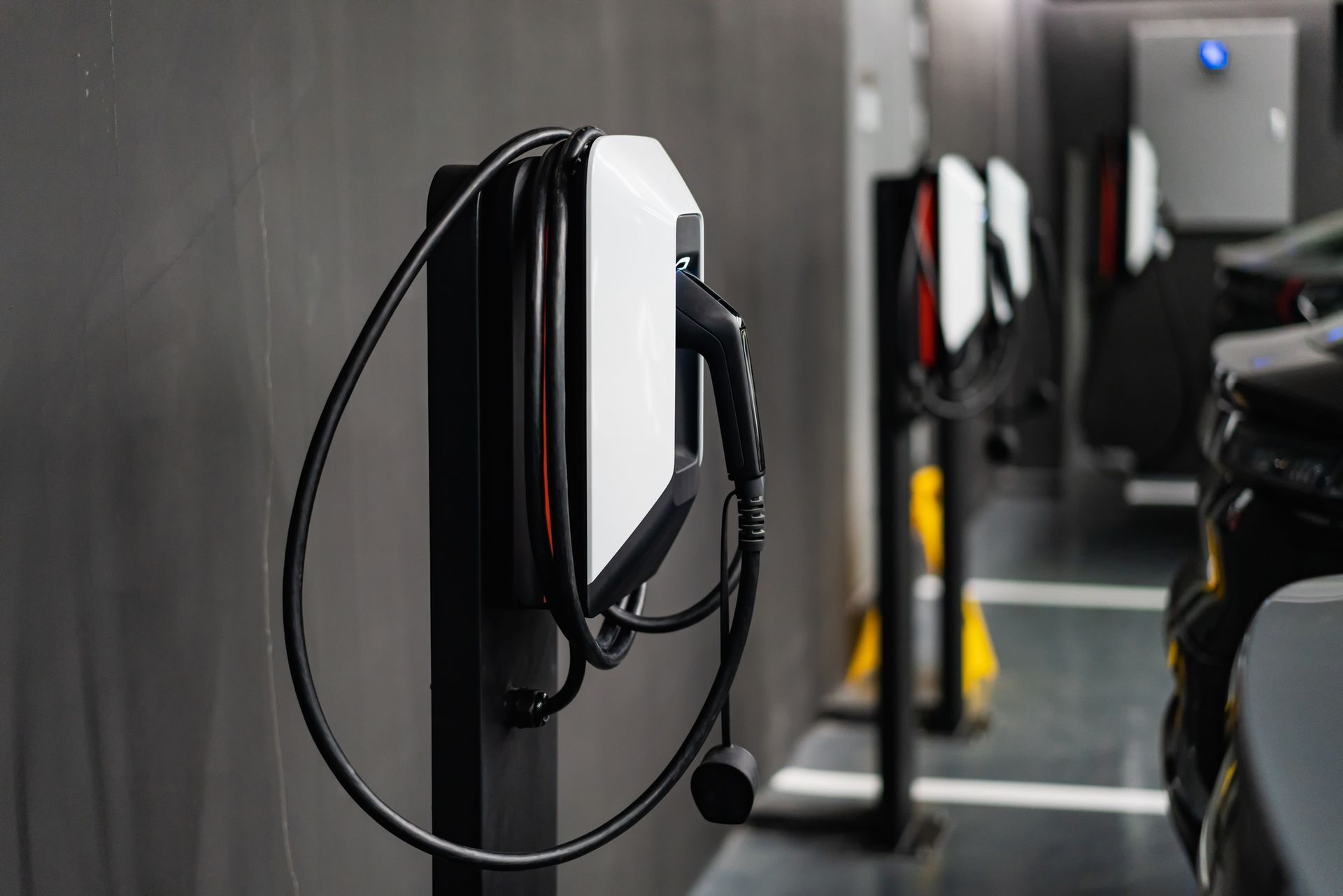Solar Storage and Battery Options
Battery Storage for renewable energy customers
Battery Storage and Renewable Energy: Residential, Commercial, and Agrivoltaics Applications
Battery storage plays a critical role in optimizing solar and wind energy systems by storing excess electricity for later use, enhancing reliability, and reducing dependence on the grid. These systems vary in scale and function depending on their application—residential, commercial, or agrivoltaics. At Scott Knows Solar, we will help you choose your best battery option to meet your energy independence goals.
Residential Applications
Homeowners with solar panels or small wind turbines often pair their systems with battery storage to ensure a consistent power supply. During the day, solar panels generate electricity, with any surplus stored in batteries for nighttime or cloudy days. Wind turbines, which generate power intermittently, also benefit from storage by capturing excess energy during high-wind periods for later use. Common residential battery technologies include lithium-ion batteries, which offer high efficiency, long lifespan, and compact design. These systems provide homeowners with energy independence, resilience during power outages, and potential cost savings by avoiding peak electricity rates
Commercial Applications
Businesses with large solar or wind installations use battery storage to manage energy costs and enhance grid stability. These systems help reduce demand charges by storing energy when electricity prices are low and discharging it during peak hours. Additionally, battery storage improves sustainability by maximizing the use of renewable energy and reducing reliance on fossil fuels. In commercial applications, larger-scale lithium-ion, lead-acid, or flow batteries are commonly used. Businesses may also participate in demand response programs, selling stored energy back to the grid when needed, further increasing financial benefits.
Agrivoltaics Applications
Agrivoltaics—the integration of solar panels with agricultural activities—benefits significantly from battery storage by ensuring a reliable power supply for farming operations. Solar and wind energy can be used to power irrigation systems, greenhouses, and farm equipment, with batteries storing excess energy for use during non-productive hours. This is particularly valuable in remote areas where grid access is limited. Energy storage helps stabilize farm operations, improve efficiency, and reduce the reliance on diesel generators, leading to lower operational costs and a reduced carbon footprint.









